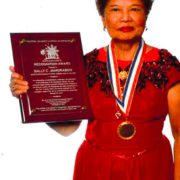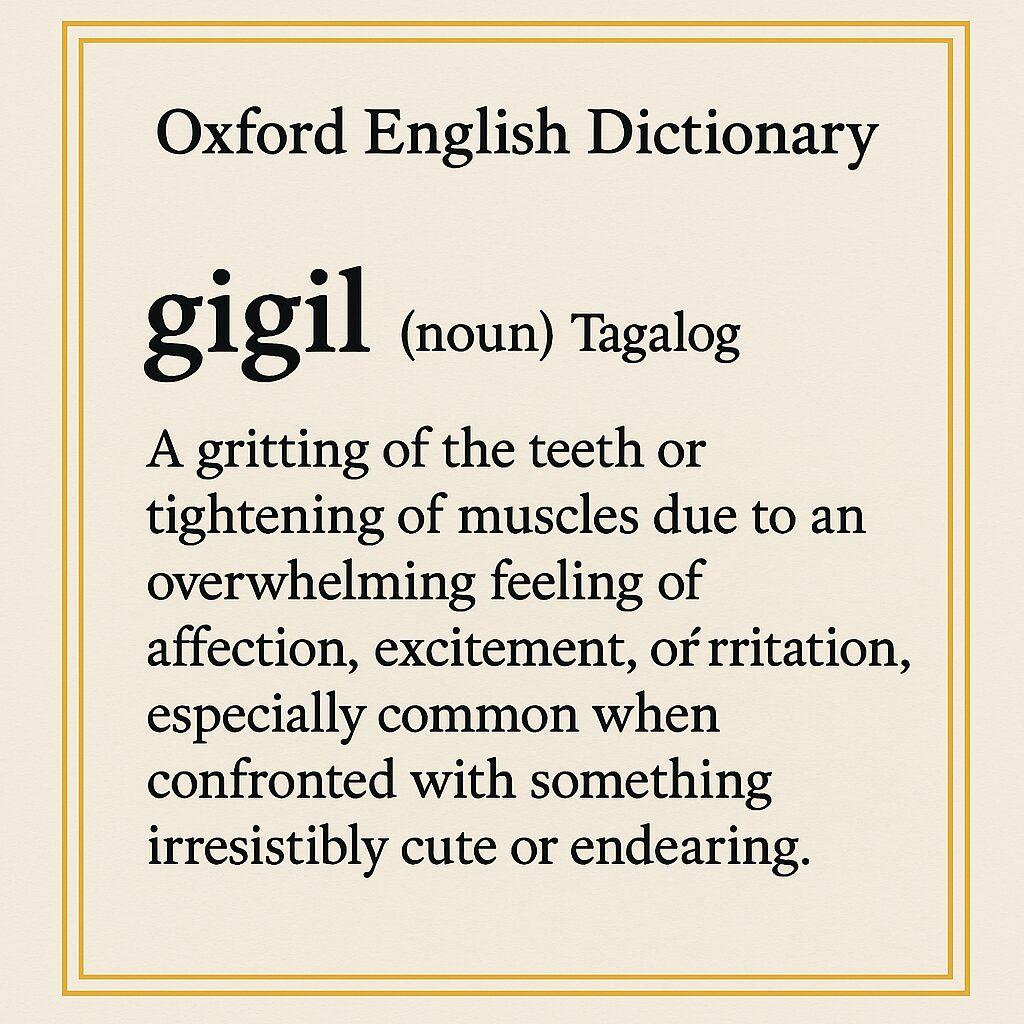The prestige is always there. Teaching is a very serious pursuit where one starts with a calling and lives it as a purpose.
“Those who can, do; those who can’t teach.” People who agree with this and believe teaching is a mediocre choice of professional career do a deal of damage to those who go out there to make a school room an oasis every single day.
There was a bit of sadness in Mrs. Jamorabon when we started our small tête-à-tête over coffee last Wednesday, during an event where educators were abound. It was the closest we could come to interviewing a sterling teacher, who hails from the North and who—after decades of education—rose to become one of the most outstanding teachers of her generation.
Teachers come in all forms and express themselves differently. What they have in common is that they are the thinkers, mentors, existing in a world of ideas. Be it a nursery, or a professor in the most distinguished university, or the most admired public school teachers. The currency is ideas, which are conveyed through relationships and interactions.
The public school teacher, lives within the cellular environment of a classroom. There are no rewards for collegial relativity or discourse. Teaching is a very autonomous experience. But on the flip-side, the teacher tends to experience loneliness and isolation. They miss other adult company, colleagueship, camaraderie, even intellectual stimulation. They also yearn for time and space during school days, to come together, support one another, to develop plans together, and to respond critically to one another—in terms of relating and interaction, including with parents and the community
The conversation flourished after our first question.
MDL: Madame, do you find a lot of burnt out teachers today, or is that a cliche?
Mrs. Sally Jamorabon: I think that is hardly the word to use. What school teachers need is appreciation, respect, dignity and recognition for what they do. Their calling is tremendously tedious roles and socially a very precious work. When teachers burn out, they are not saying it’s a thankless job of working too hard, but it is not having opportunity to participate fully in this enterprise. It’s about the politics of a teacher’s voice. Teachers know their voice is knowledge, and insight and control, if not power. They have many things to say, if they’d only listen.
MDL: Mrs. Jamorabon, How do you teach a teacher to go into a classroom and compensate for broken homes, alcoholic or absolute parents, for social structures perceived to have collapsed?
SJ: It takes a lot of determination, you have to believe that this is possible. I don’t think there is any way you could be in this business of mentoring and not have an optimistic spirit. Teachers must have a very broad outlook on what they are doing. As a teacher, part of what I do, is to frame out the landscape within which, I work on. Deal with the origins of determination and flaws experienced within the school community, and to understand better what it might get people to be more involved [and] to understand more comprehensively how to look at the school culture to be more effective in what we do.
MDL: Madame, but what do we do with bad teachers? This is a brutal question, you don’t have to answer.
SJ: There is something very wrong with an educational system that allows that. We need to come up with a system to reevaluate teachers—support them in doing a good job. The way to a better school is to choose teachers, treat them good, relate, identify and inspire them by speaking to their head and heart.
MDL: Have you ever had regrets Mrs. Jamorabon?
SJ: In all things I’ve done, I stay involved with my decision. Everything that I do is anchored on the belief of kindness and generosity towards all. To be able to just help, even with little way, setting an example, especially to my students. I say this with pride, I have mentored some of the most successful hometown folks..They’ve become doctors, lawyers, teachers, and I am truly gratified.
MDL: Within your memory, what changes have you seen in the field of education since your time?
SJ: There will always be that feeling of obligation and pride, to provide new beginnings with deep interest, that will never change, to provide better horizons, new beginnings, with deep interest..so they can discover new things for themselves.
MDL: As one of the most successful marriages in the Fil-Am community, is there a formula you want to share, Madame?
SJ: Kindness is no.1, genuine love, flexibility and respect for each others belief, needs imagination and deep understand of each other’s needs.
MDL: What to you is happiness?
SJ: A good family life, seeing my students successful and patriotic. When they do not forget their roots and what to give back, from their blessing, to share with the less unfortunate.
And like a super teacher, assembled from the best part of others, a deserved award comes: Ambassador of Goodwill on the 70th anniversary of the Fil-Am Community Club of Los Angeles.






